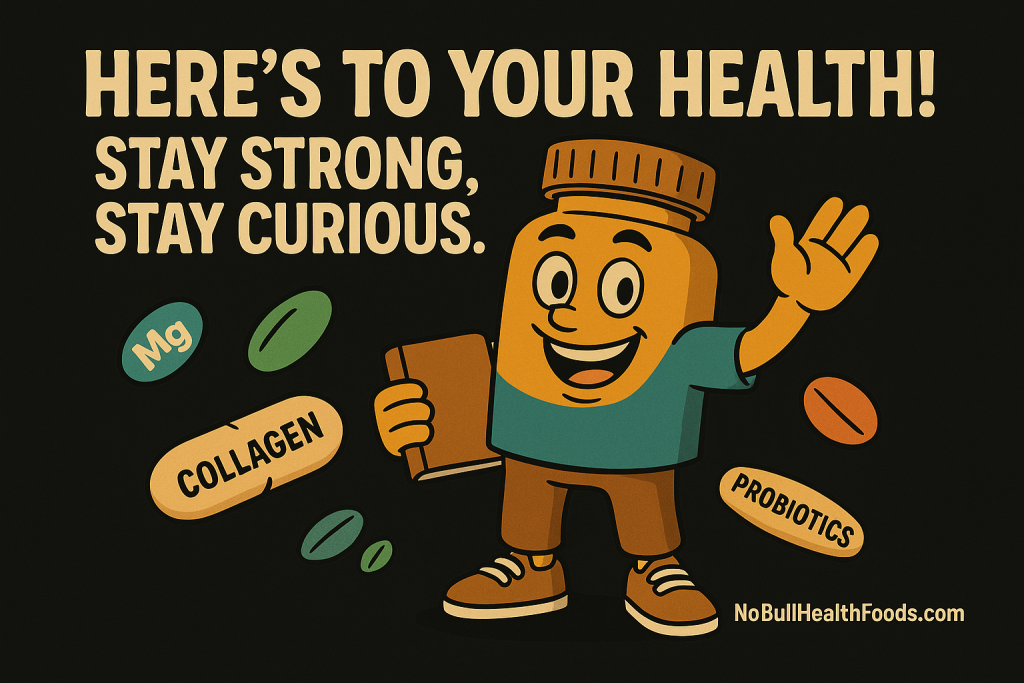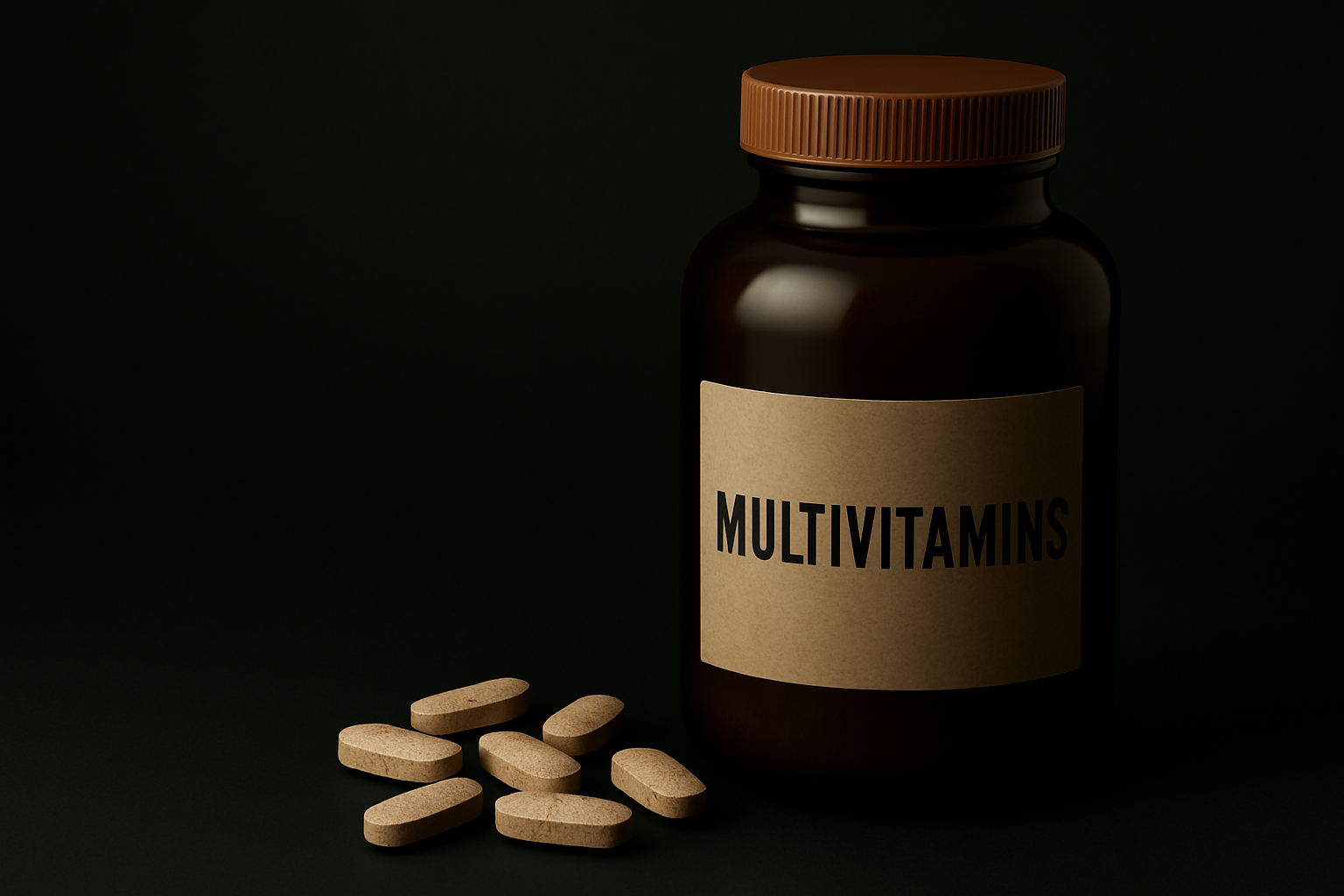Best Multivitamins UK: What to Take & How to Choose It (Backed by Science)
Confused about multivitamins? You’re not alone. In the UK, with supermarket shelves full of shiny bottles and wild claims, choosing a quality multivitamin can feel like a shot in the dark. But your body deserves better than cheap blends with flashy packaging.
This guide breaks down exactly what to look for in a good multivitamin supplement, why it matters, and which nutrients you might actually need more of — all backed by science.
📈 Why Multivitamins Matter (Especially in the UK)
Multivitamins can be a simple way to fill in nutritional gaps, especially if you:
- Eat on the go or skip meals
- Avoid meat or dairy
- Have absorption issues (like IBS or coeliac)
- Are over 50 (absorption declines with age)
- Take certain medications (like PPIs or metformin)
In the UK, many adults fall short on essential nutrients like:
- Vitamin D (due to lack of sunlight)
- Magnesium (due to soil depletion)
- Vitamin B12 (especially in older adults or vegans)
- Iron (especially in menstruating women)
A well-formulated multivitamin can help support energy, mood, brain function, immunity, and long-term health.
🌍 What Makes a Good Multivitamin Supplement in the UK?
Not all multivitamins are equal. Here’s what to look for:
✅ Transparent Labelling
- Avoid “proprietary blends” that hide ingredient amounts.
- Look for clear dosages and % of NRV (Nutrient Reference Value).
✅ Bioavailable Forms
Choose nutrients your body can actually absorb:
- Methylcobalamin instead of cyanocobalamin (for B12)
- Magnesium citrate or glycinate instead of magnesium oxide
- Vitamin D3 (cholecalciferol) instead of D2
✅ No Nasty Fillers
Skip artificial colours, titanium dioxide, or hydrogenated oils.
✅ UK Compliance
Make sure it meets UK standards (look for GMP-certified manufacturing).
🔹 Common Multivitamin Myths (Busted)
- Myth: More is better. → Truth: Mega-dosing nutrients can be harmful. Stick to safe upper limits.
- Myth: Multivitamins make up for a poor diet. → Truth: Supplements help, but real food matters more.
- Myth: You don’t need them if you eat healthy. → Truth: Even the best diets can fall short (especially for Vitamin D in the UK).
🔍 Multivitamin Red Flags to Avoid
- Claims like “miracle cure” or “instant results”
- Products without batch testing or reviews
- Gimmicky gummies with more sugar than nutrients
🌿 Who Might Benefit Most from Multivitamins?
- Over 60s — check out our Supplements for Over 60s guide
- Vegans & vegetarians — often low in B12, iron, and zinc
- Women of childbearing age — due to iron and folate needs
- Busy professionals & parents — for general coverage
According to the NHS, most people should be able to get all the nutrients they need from a healthy, balanced diet — but in certain cases, supplements like multivitamins can help bridge the gap.
🔗 Related Articles You Might Like
- Vitamin B12: Signs of Deficiency
- Magnesium Supplements
- Best Time to Take Supplements
- Vitamin D: Spray, Drops or Pills?
🚤 Final Word: Do You Need a Multivitamin?
Not everyone needs one, but many people benefit from the right one. Especially in the UK, where low sunlight, rushed diets, and stress are common.
Think of it as nutritional insurance — not a free pass to eat junk, but a smart backup for your body.

👉 Like this article? Share it on Facebook 💬
➡️ Join our private Facebook group here! [Join Now]

Leave a Reply